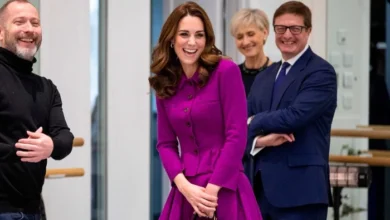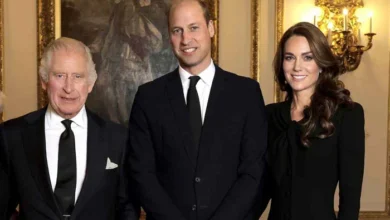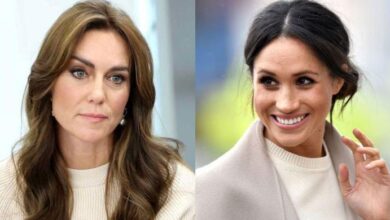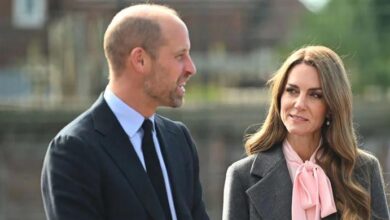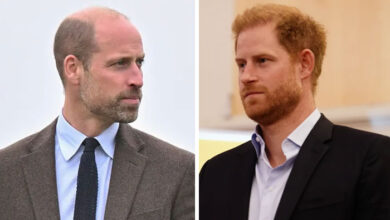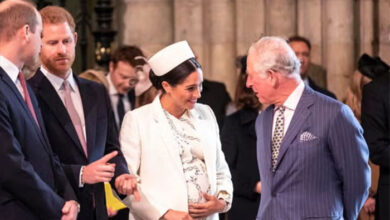Prince Andrew Crisis Sparks Rift Between King Charles and Prince Harry
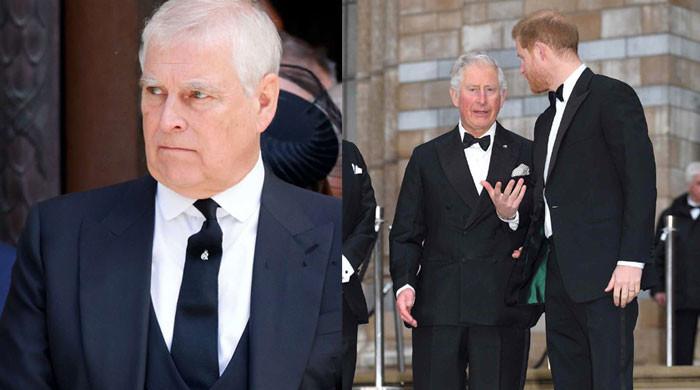
The ongoing crisis involving Prince Andrew has significantly impacted the delicate relationships within the British royal family, casting a shadow over potential reconciliation efforts. This turmoil is centered around the fallout from Virginia Giuffre’s posthumous memoir, which has reignited public and private scrutiny of Andrew’s past actions. The backlash has not only affected him personally but has also created ripples across the family dynamics, especially involving King Charles and Prince Harry.
Prince Andrew’s association with the controversy has placed royal unity under strain. The family’s reputation has taken a hit, leading to a tense atmosphere as they grapple with the repercussions of the memoir’s revelations. The media coverage has further amplified the crisis, making it difficult for the royals to maintain a unified front publicly and privately.
Royal expert Jennie Bond has expressed concerns about the impact of the crisis on the broader royal reconciliation efforts. She suggests that King Charles, already balancing numerous responsibilities as Sovereign, is under immense pressure handling the fallout from Andrew’s situation. Bond emphasizes that Charles’s focus might be diverted heavily by these ongoing issues, leaving little room for addressing other family disputes.
Despite the visible tensions, Bond remains hopeful that behind the scenes, private efforts for reconciliation continue. She believes that the royal family’s internal communications are still functioning and that attempts to mend fractured relationships are quietly ongoing. The hope remains that time and discretion could eventually lead to a path toward healing.
Bond also reflected on the emotional toll of the crisis from the perspective of King Charles, who has previously expressed a desire for family harmony. His prayers at the Vatican with the Pope highlight his ongoing spiritual and emotional struggles, perhaps reflecting his hopes for unity among his sons, Prince Harry and Prince William, amid family upheaval.
Recent developments include Prince Andrew’s decision to relinquish his royal titles, a move aimed at distance himself from the ongoing controversy. The palace released a statement indicating Andrew’s willingness to surrender his titles and honors with the approval of King Charles, signaling a serious attempt to minimize his role in public life for the foreseeable future.
This bold step by Andrew raises questions about the future direction of his role within the royal family. Such a move signifies acknowledgment of ongoing damage and a desire to prevent further controversy from overshadowing royal duties. It also underscores the gravity of the crisis and the efforts to restore some semblance of stability.
The decision has sparked mixed reactions among royal observers and the public. Some see it as a necessary step toward damage control, while others view it as a retreat from royal responsibilities. Nevertheless, this move reflects the intense pressure the family is under to manage their public image amid ongoing scandal.
In the wake of these events, internal family negotiations are likely taking place, although details remain private. The royal family, known for their discretion, appears to be weighing options carefully to navigate the turbulent waters of media scrutiny and public opinion.
King Charles’s leadership is being tested more than ever as he seeks to uphold the dignity of the monarchy while addressing internal fissures. His approach seems to involve a measured and discreet handling of the crisis, aiming to protect the institution without publicly airing grievances or disputes.
Prince Harry’s position remains complex in this context. The strained relationship with the rest of the family, exacerbated by recent events, complicates any immediate attempts at reconciliation. Bond’s comments suggest that the family’s efforts to reconnect are ongoing but require patience and confidentiality.
The public’s perception of the royal family continues to evolve, influenced heavily by the ongoing scandals and internal conflicts. The royal family appears determined to prioritize stability and unity, despite the visible fractures, by pursuing quiet reconciliation strategies.
While external observers remain doubtful about the immediate prospects for reconciliation, insiders hope that patience and diplomatic engagement will ultimately heal some of the divisions. The royal family’s cohesion during this turbulent period is increasingly fragile, demanding careful management.
In summary, Prince Andrew’s crisis has become a catalyst for broader discussions about family unity and the future of the monarchy. The ongoing fallout highlights the challenges faced by modern royal families in navigating public morality, media pressure, and internal loyalty. Their responses will likely shape the royal narrative for years to come.
As the royal family continues to confront these unprecedented challenges, their ability to reconcile internally while maintaining public confidence remains critical. The coming months will be instrumental in determining the direction of their relationships and the stability of the monarchy itself.
